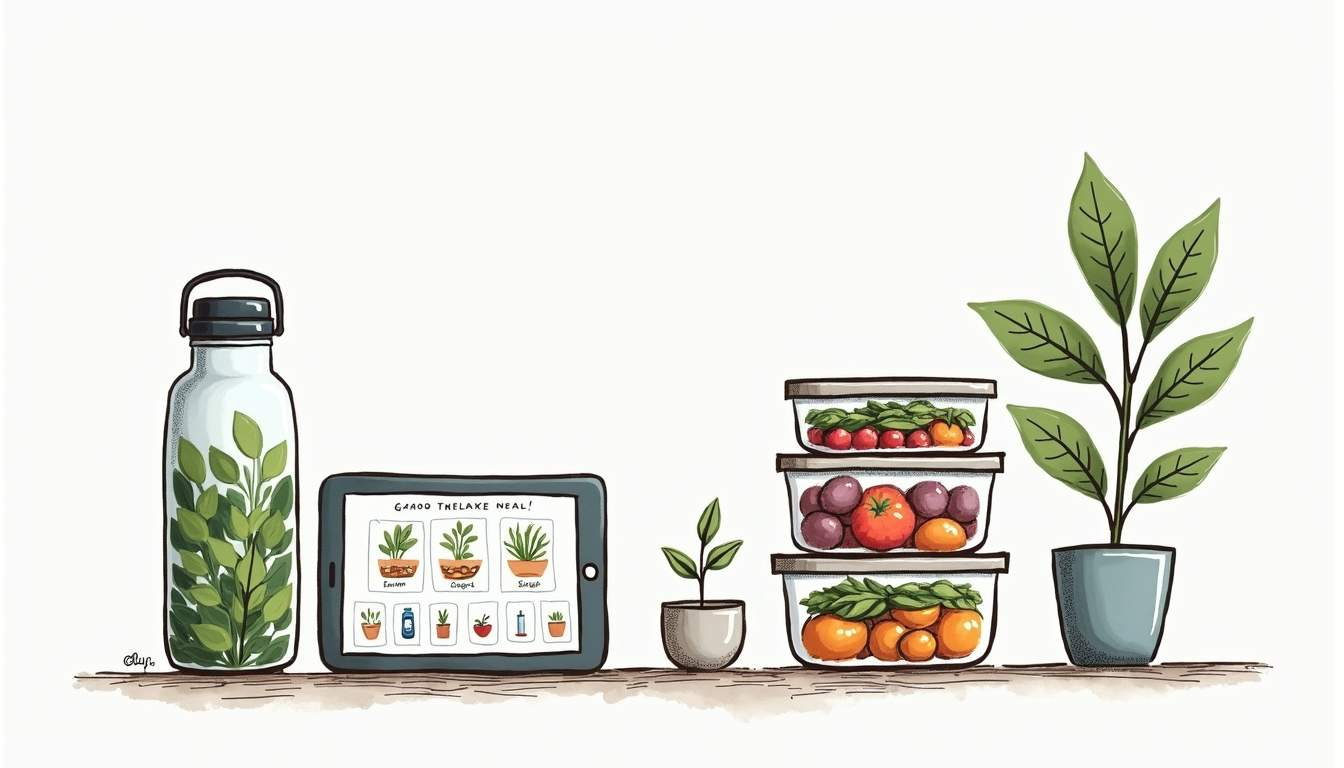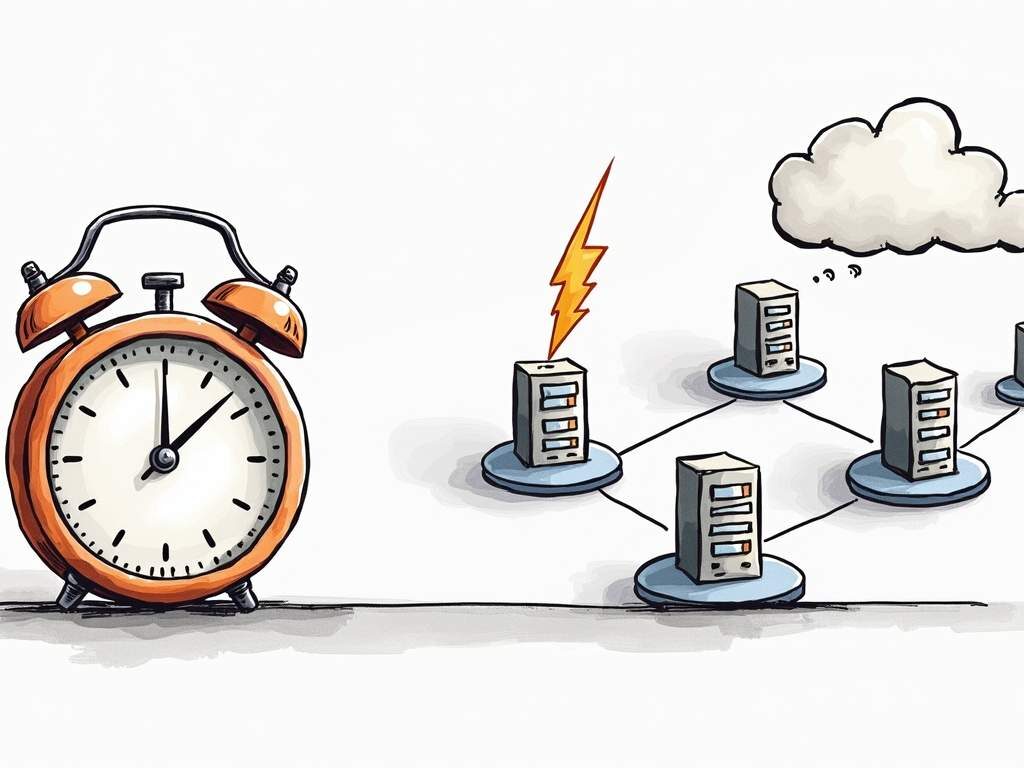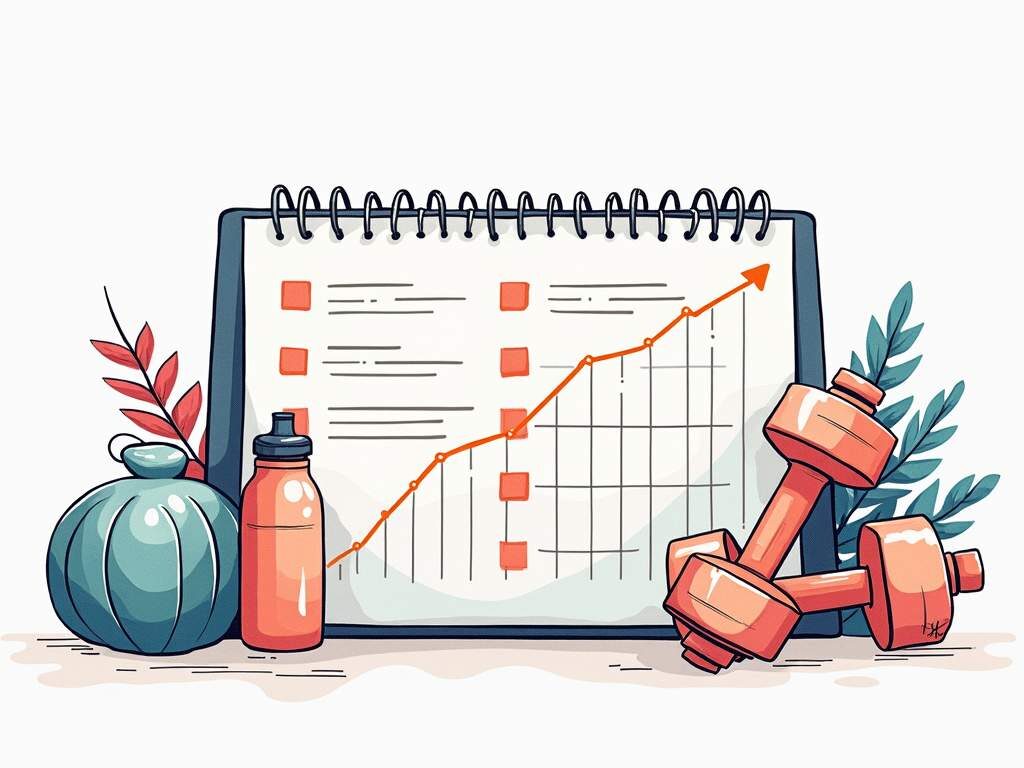Let’s face it – being a nutritionist isn’t just about knowing your macros and micros. Between juggling client consultations, creating personalized meal plans, and keeping up with the latest research, your attention gets pulled in a dozen different directions daily. If you’ve ever found yourself staring at a half-finished meal plan at 9 PM wondering where the day went, this article is for you. I’m sharing battle-tested focus strategies that have helped nutritionists like you reclaim their time and mental energy.
Why Nutritionists Struggle with Focus
The nutrition field demands a unique blend of scientific knowledge, counseling skills, and creative meal planning. This combination makes focus particularly challenging. You’re constantly switching between analytical thinking (calculating nutrient needs), empathetic listening (during client sessions), and creative work (developing appealing meal plans).

Add in the administrative tasks of running a practice, and it’s no wonder many nutritionists feel scattered. The constant context-switching depletes mental resources and makes deep work nearly impossible. Plus, nutrition work is inherently personal – your clients share intimate details about their health struggles, which can be emotionally taxing.
The Cost of Distraction
When your focus falters, it’s not just annoying – it’s expensive. Research suggests it takes an average of 23 minutes to fully regain concentration after an interruption. For nutritionists, this translates to fewer clients served, lower-quality meal plans, and ultimately, reduced income and impact. Not to mention the mental drain of feeling perpetually behind.
The Pomodoro Technique: A Nutritionist’s Secret Weapon
Enter the Pomodoro Technique – a time management method that works wonders for the varied tasks nutritionists handle. The concept is simple: work in focused 25-minute sprints, followed by 5-minute breaks. After completing four “pomodoros,” take a longer 15-30 minute break.
This approach is particularly effective for nutritionists because it creates boundaries around different types of work. You might dedicate one pomodoro to meal planning, another to client notes, and a third to research – preventing the mental fatigue that comes from constant task-switching.
Focus Keeper: Your Digital Pomodoro Timer
While you could use any timer, the Focus Keeper app has become popular among health professionals for good reason. It offers a clean, distraction-free interface with customizable work intervals and break times. The app also tracks your focus sessions over time, helping you identify patterns in your productivity.
Focus Keeper’s visual and audio cues gently guide your transitions between work and rest, creating a rhythm to your day without the jarring interruption of standard alarms. Many nutritionists report that these subtle transitions help maintain their energy throughout long days of consultations.
Applying Pomodoro to Nutrition Work
Here’s how nutritionists can apply the Pomodoro Technique to common tasks:
- Client consultations: Use one pomodoro for pre-session prep, reviewing notes and lab results
- Meal planning: Dedicate 2-3 consecutive pomodoros to creating detailed meal plans without interruption
- Research: Set a timer for literature reviews to prevent falling down research rabbit holes
- Administrative tasks: Batch email responses, billing, and scheduling into dedicated pomodoros
Structuring Your Nutrition Practice for Maximum Focus
Beyond time management techniques, the structure of your workday significantly impacts your ability to focus. Many successful nutritionists have discovered that batching similar tasks creates powerful efficiency gains.
Theme Days for Deep Focus
Consider organizing your week around themed days. For example, Mondays and Wednesdays might be dedicated to client consultations, Tuesdays to meal planning, and Thursdays to content creation and marketing. This approach minimizes the mental cost of context-switching and allows you to build momentum on similar tasks.
Sarah, a sports nutritionist in Denver, implemented theme days and saw her client capacity increase by 30% without working additional hours. “When I’m in ‘consultation mode’ all day, I find a rhythm. My questions get sharper, my recommendations more precise, and I’m fully present with each client,” she explains.
The Power of Time Blocking
Time blocking takes the concept of themed days further by assigning specific hours to particular tasks. This technique works beautifully with Focus Keeper’s tracking features. You might block 9-11 AM for your most cognitively demanding work (like creating complex therapeutic meal plans), when your mind is freshest.
For nutritionists who work with clients across different time zones, time blocking helps create predictable windows for consultations while preserving uninterrupted time for deep work. The key is treating these blocks as non-negotiable appointments with yourself.
Digital Tools and Environment Optimization
Your physical and digital environments play crucial roles in maintaining focus. Small adjustments can yield significant improvements in your ability to concentrate on nutrition work.

Digital Decluttering for Nutritionists
The average professional checks email 74 times daily and switches between applications 566 times. For nutritionists juggling client management software, research databases, recipe platforms, and communication tools, digital overwhelm is real.
Try these digital decluttering strategies:
- Close all unnecessary tabs when working on meal plans
- Use website blockers during deep work sessions
- Create separate browser profiles for different aspects of your practice
- Set up email filters to prioritize client communications
- Use Focus Keeper’s focus sessions to stay off social media during work hours
Physical Environment Tweaks
Your physical workspace affects cognitive function more than you might realize. Nutritionists who work with food should consider how their environment supports or hinders concentration. Natural light has been shown to improve focus by 15%, while plants can reduce stress and increase productivity by up to 15%.
If you’re developing recipes or meal plans, having reference materials organized and accessible prevents distracting searches. Some nutritionists create different zones in their workspace – a consultation area with comfortable seating, a standing desk for administrative tasks, and a dedicated space for meal planning with nutrition references at hand.
Sustainable Focus Habits for Long-Term Success
Ironically, many nutritionists excel at creating sustainable health habits for clients while neglecting their own mental sustainability. Building focus isn’t just about productivity techniques – it’s about creating conditions where your brain can thrive.

Practice What You Preach
You already know the nutrition fundamentals that support brain function – regular meals rich in omega-3s, antioxidants, and complex carbohydrates. But are you applying this knowledge to your own workday? Many nutritionists report improved focus after implementing their own dietary recommendations, particularly mid-afternoon protein snacks and proper hydration.
Focus Keeper’s break reminders can serve as perfect prompts to practice what you preach – use those 5-minute breaks for quick movement, hydration, or a brain-boosting snack. The app’s longer breaks are ideal for a proper meal away from your desk.
By implementing these focus strategies, you’ll not only deliver better service to your nutrition clients but also model the balanced approach to health you advocate. After all, the most convincing evidence for your nutrition philosophy is your own vibrant energy and sustained focus throughout your practice.





